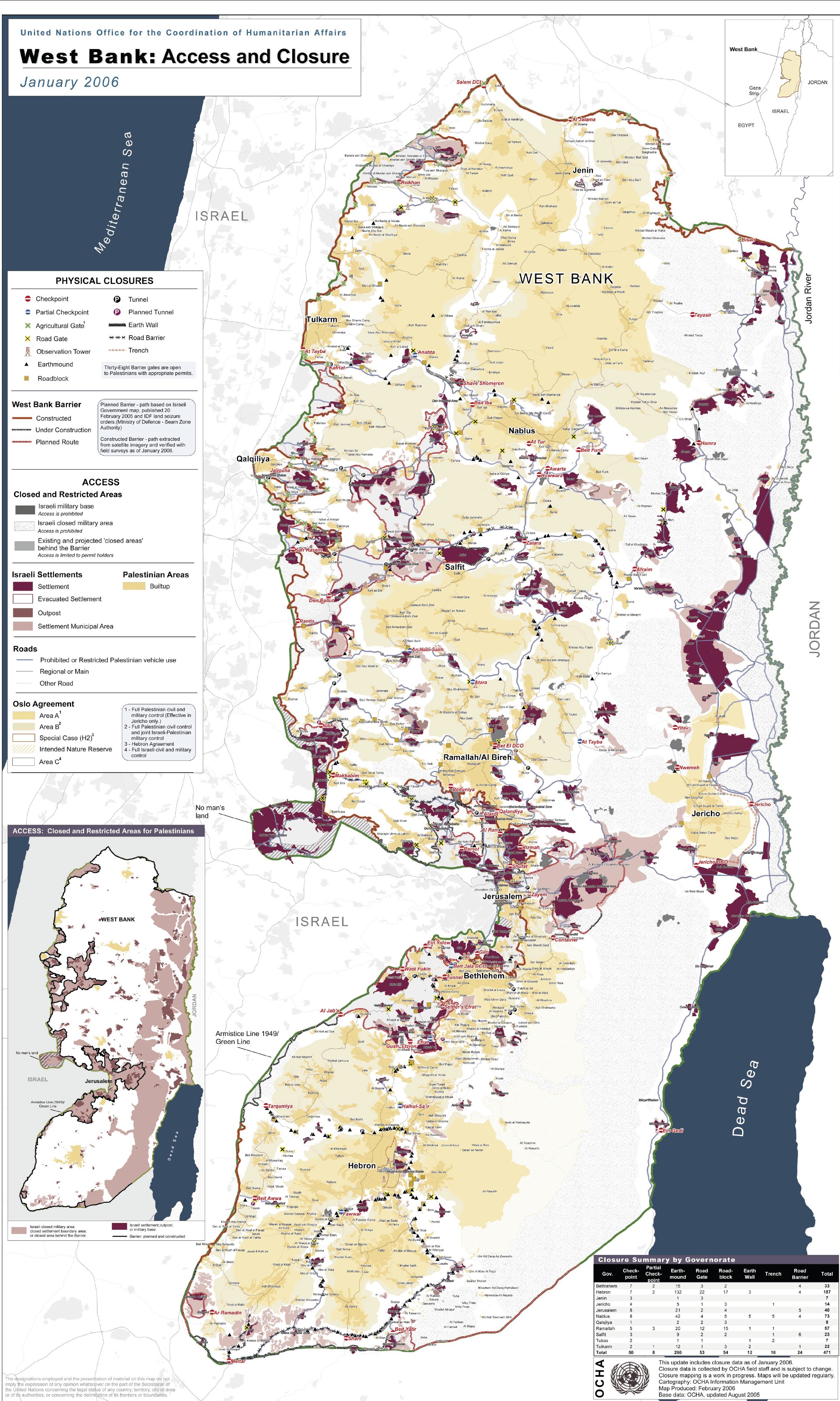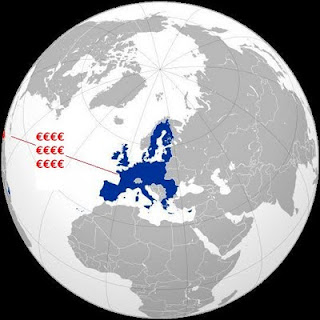
I have written a lot about crime in Venezuela. Here I present a map on perception of the real rule of law based on the World Bank data (as my last post).
Again, colours refer to what percentile group countries fall into.
Here Chile is undisputed in South America with regards to rule of law: even if far from perfect, there is such a thing as rule of law there. It is in the 75-90 percentile. Still, its values are below most Western European countries. Uruguay follows in the next group and it stands alone there. Brazil, Colombia, Peru and Argentina are the next. Here you see already very dysfunctional states, but sometimes judges can piss off governors, even heads of state, justice is done from time to time! Ecuador, Bolivia and Paraguay come in the next group, the 10-25 percentile. And last and least we have Venezuela, at the bottom of South America. As I calculated in one of my previous posts using basic maths and based on the candid figures of the minister of "Justice", a Venezuelan cop is over 150 times more likely to be a criminal than the average Venezuelan citizen. Russian cops thought no one could teach them anything.
The figures below, again, show the percentile rank, the change from the previous year and the standard error of statistical calculation.
ARGENTINA 32.1 -0.61 0.13
BOLIVIA 12.0 -1.12 0.14
BRAZIL 46.4 -0.30 0.13
CHILE 88.0 +1.25 0.13
COLOMBIA 37.8 -0.50 0.13
ECUADOR 9.1 -1.23 0.14
PARAGUAY 15.3 -1.03 0.15
PERU 25.8 -0.74 0.13
URUGUAY 65.6 +0.50 0.15
VENEZUELA 2.9 -1.59 0.13
Again, colours refer to what percentile group countries fall into.
Here Chile is undisputed in South America with regards to rule of law: even if far from perfect, there is such a thing as rule of law there. It is in the 75-90 percentile. Still, its values are below most Western European countries. Uruguay follows in the next group and it stands alone there. Brazil, Colombia, Peru and Argentina are the next. Here you see already very dysfunctional states, but sometimes judges can piss off governors, even heads of state, justice is done from time to time! Ecuador, Bolivia and Paraguay come in the next group, the 10-25 percentile. And last and least we have Venezuela, at the bottom of South America. As I calculated in one of my previous posts using basic maths and based on the candid figures of the minister of "Justice", a Venezuelan cop is over 150 times more likely to be a criminal than the average Venezuelan citizen. Russian cops thought no one could teach them anything.
The figures below, again, show the percentile rank, the change from the previous year and the standard error of statistical calculation.
ARGENTINA 32.1 -0.61 0.13
BOLIVIA 12.0 -1.12 0.14
BRAZIL 46.4 -0.30 0.13
CHILE 88.0 +1.25 0.13
COLOMBIA 37.8 -0.50 0.13
ECUADOR 9.1 -1.23 0.14
PARAGUAY 15.3 -1.03 0.15
PERU 25.8 -0.74 0.13
URUGUAY 65.6 +0.50 0.15
VENEZUELA 2.9 -1.59 0.13

















